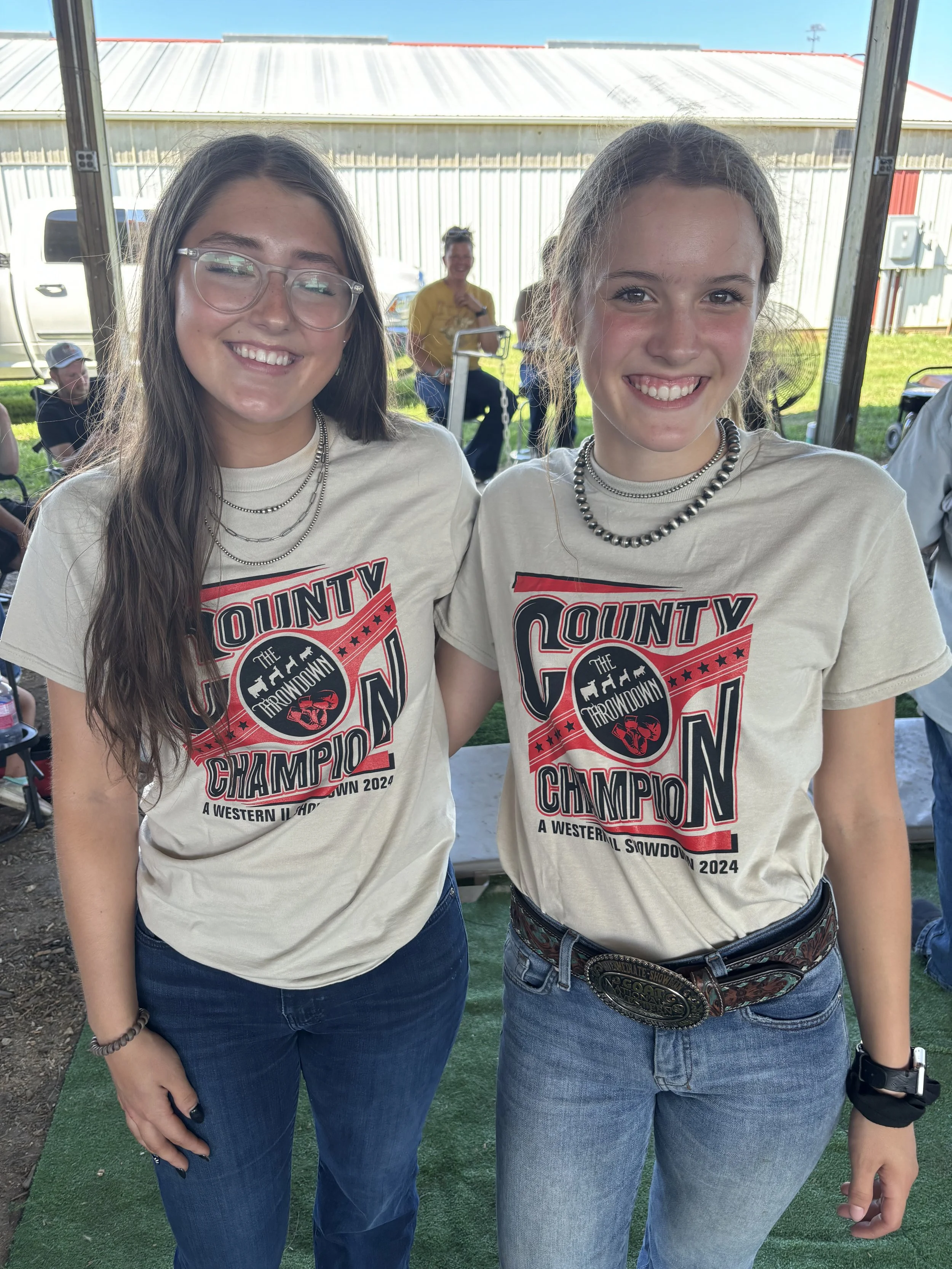Big Tile
/








Partners & Friends,
We are wrapping up a few tile projects that involve some large sized mains. This entails installing 15 and 12 inch tiles in standing crop so we can begin pattern tiling the majority of the fields and building dry dams once harvest is over. These installations require extensive coordination of materials, labor, and equipment. It has also been a bit challenging with the heat these past few weeks. However, the benefits in the future will be much enjoyed. Being able to plant earlier, harvest without rutting up fields, spray without cutting ruts, and eliminate washouts on the rolling ground will all make the short-term loss of a few acres of crop worthwhile.
The Hess Family Farm team is still finishing some pre-harvest projects, including equipment movement and storage, grain center preparation, building projects, the last hay cutting, and bin cleaning and repair. The basis is set for our fall deliveries. Our crop is going to be a big one. We plan to begin harvesting the week of September 9th.
The Farm Bill is not going to be updated, but only renewed with the current policy in place. There is still more work to be done in Springfield on the CCS (Carbon Capture and Sequestration/Storage) bill to provide safeguards for land and landowners.
School is back in session for all our grandchildren. By the size of the crowd at the Hendersonville, North Carolina Apple Festival, the economy seems to be doing quite well.
Fall Prices:
Corn—3.69
Soybeans—9.58
Steve




































